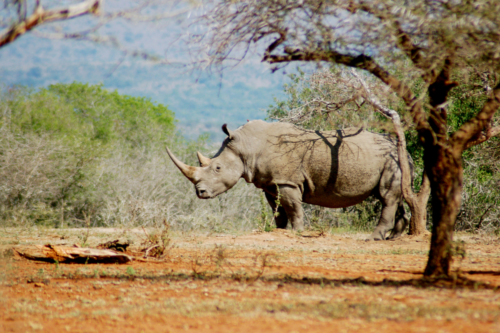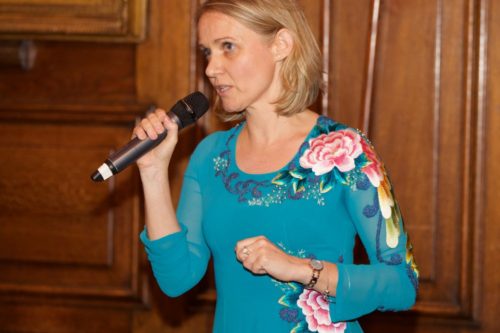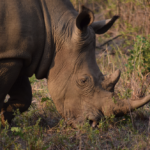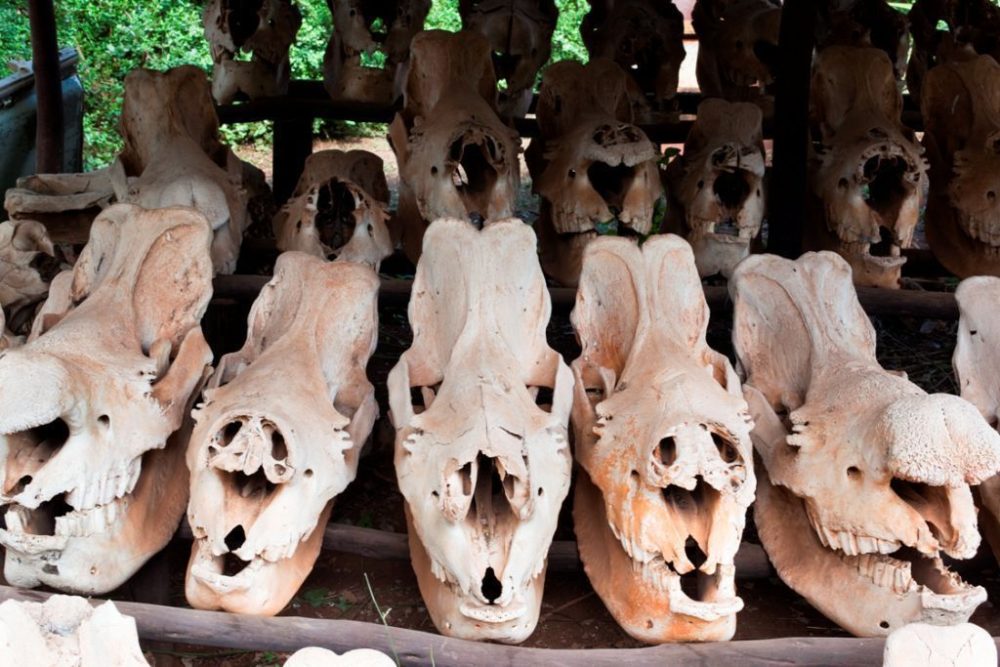
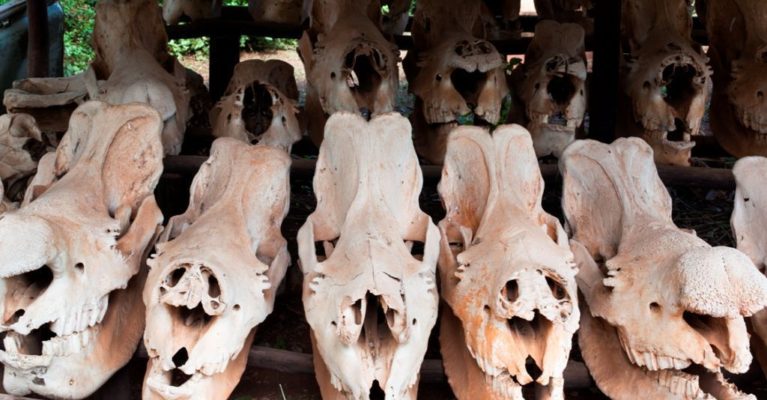
Credit: Steve & Ann Toon
Stopping illegal trade
The illegal rhino horn trade is no petty crime. It's part of a complex web of organised and serious crimes, run by ruthless networks operating across borders and often entwined with other trafficking including people and arms smuggling.
To stop poaching and stop illegal trade in rhino horn, we’ve got to disrupt the networks involved. From individuals working to track rhinos in a reserve, to those exporting horns across borders and the people buying rhino horn in destination countries, understanding and dismantling the crime groups involved is crucial.
Alongside our partners, we’re working on innovative projects and investigations to hold those involved responsible to account. From follow the money investigations to campaigns in destination countries such as Viet Nam and China, we aim to tackle the illegal trade in rhino horn from all sides, to make the biggest impact possible.


